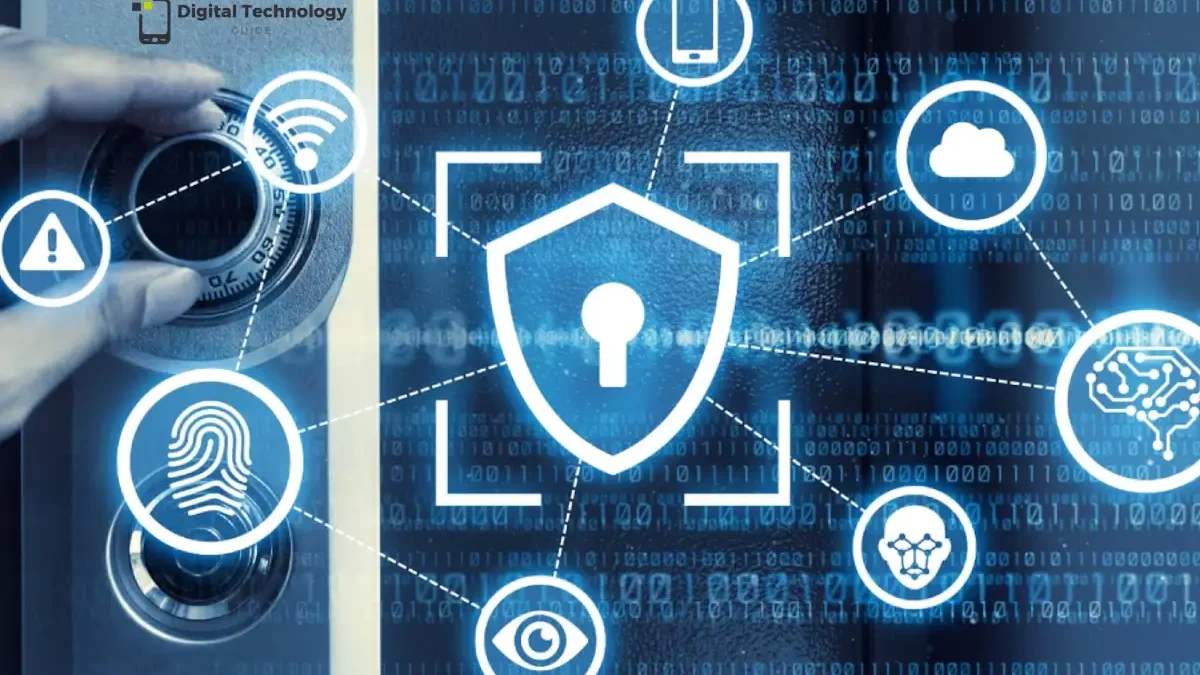In today’s constantly evolving digital landscape, cyber protection has transitioned from an IT concern to a core business priority. Organizations of all sizes are now operating in an environment where data is a critical asset, cyber threats are more sophisticated, and customers are more vigilant about how businesses protect their information. As a result, smarter, more adaptive cyber protection strategies have become essential for long-term success, trust, and resilience.
Table of Contents
The Rising Need for Proactive Protection
Cyber risk is no longer something businesses can afford to respond to reactively. The speed and complexity of modern digital threats require businesses to anticipate risk before it happens. With remote work, cloud usage, AI systems, and digital transformation expanding rapidly, the potential attack surface has increased dramatically.
This shift means traditional security models are no longer enough. Cyber protection today requires a proactive, intelligence-driven strategy, one that evolves as quickly as the threats themselves. Businesses that fail to adapt risk financial loss, operational disruption, and long-term brand damage.
Cybersecurity as a Driver of Customer Trust
Trust has become a defining factor in customer decision-making. People want reassurance that the businesses they interact with are taking their data privacy and security seriously. A single breach can shatter that relationship and result in customers taking their loyalty elsewhere.
Businesses that prioritize smarter cyber protection gain a competitive advantage because customers value transparency and accountability. Demonstrating robust security practices and communicating them clearly helps build confidence. When cybersecurity is embedded into a company’s values and culture, it reflects a commitment to protecting stakeholders at every level.
The Role of Technology in Smarter Cyber Protection
Modern digital systems generate immense volumes of data, making manual threat detection impossible. Businesses now rely on intelligent security solutions powered by automation, analytics, and AI to detect anomalies, prevent breaches, and respond faster than human teams can alone.
Advanced tools enable organizations to monitor their networks in real time, spot unusual behavior early, and enforce strong data governance across cloud and hybrid environments. This technological evolution is pivotal for smarter cyber protection, especially as cyberattacks increasingly leverage automation, social engineering, and AI.
Forward-thinking companies are now exploring specialized solutions such as AI Security to strengthen resilience and ensure that innovation doesn’t come at the cost of increased vulnerability.
Cyber Protection Is Now a Leadership Responsibility
Cybersecurity is no longer the sole responsibility of IT teams. Executives and boards are now deeply involved because cyber risk directly impacts business continuity, regulatory compliance, and corporate reputation. Integrating cybersecurity into strategic planning ensures that protection measures align with organizational goals and growth initiatives.
Leadership involvement helps drive a culture of security, where employees across all departments understand the role they play in safeguarding data. When cybersecurity becomes an organization-wide mindset, protection becomes stronger, more consistent, and more effective.
The Cost of Cyber Threats Is Rising
Financial impacts of cyber incidents extend far beyond immediate losses. Businesses face legal costs, regulatory fines, downtime, and long-term damage to customer relationships. Rebuilding trust and recovering from a security incident can take years, far outweighing the investment required to strengthen protection in the first place.
For many organizations, the question is no longer “Can we afford to invest in better cyber protection?” but rather “Can we afford not to?”
Smarter Cyber Protection as a Path to Future Growth
Businesses today depend on digital innovation to remain competitive, from AI-driven tools to cloud platforms and data-led decision-making. However, without smart cyber protection, innovation can quickly become a liability.
By making security a priority rather than an afterthought, businesses can confidently adopt new technologies, enhance efficiency, and expand into new digital environments without compromising safety. Smart cyber protection fuels growth by ensuring innovation remains secure and sustainable.
Final Thoughts
Smarter cyber protection is now fundamental to business success. It protects more than data; it protects reputation, trust, and the ability to innovate. Organizations that embed proactive, intelligent security strategies into their operations are better equipped to face the challenges of the digital era and build stronger, more resilient futures.
Also Read:

